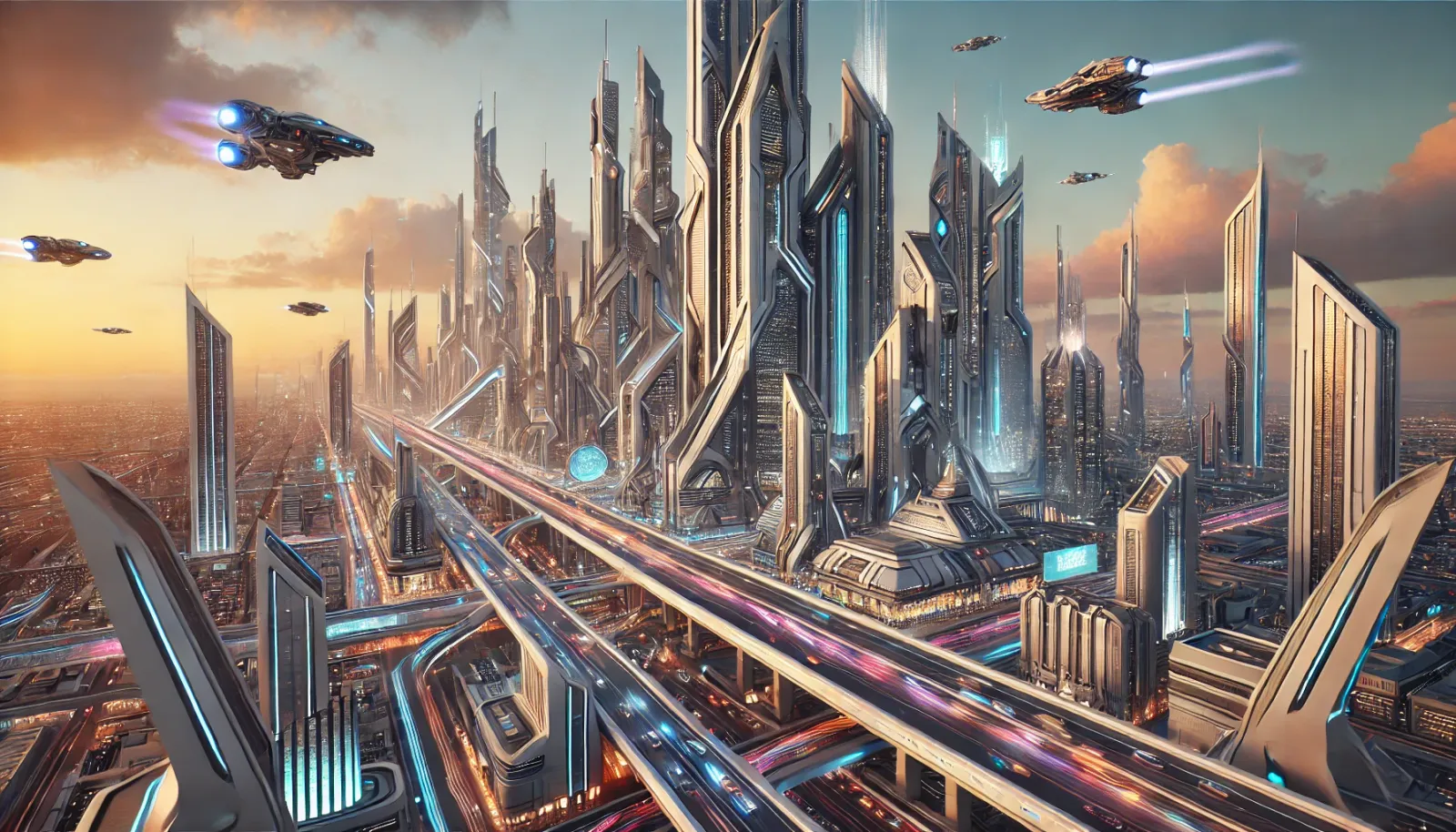Urbanization is a defining trend of our time, with more than half of the global population now residing in urban areas. This rapid shift places unprecedented demands on infrastructure, resources, and the environment, compelling city planners to explore innovative solutions. In this landscape, artificial intelligence (AI) emerges as a critical tool, offering the potential to create smarter, more sustainable cities that can thrive amid these challenges.
The Power of AI in Urban Planning
AI's capabilities extend far beyond simple automation; it fundamentally transforms how cities operate and evolve. By leveraging AI, urban planners can optimize traffic flow, manage energy consumption more effectively, and enhance public services. These advancements not only improve the quality of life for city dwellers but also contribute to broader sustainability goals.
For instance, AI-driven traffic management systems have already demonstrated their value in reducing congestion and emissions. Research indicates that cities implementing AI to control traffic and public transport have seen a reduction in congestion by up to 25% (Schäfer et al., 2022). These systems utilize machine learning algorithms to analyze real-time data, enabling dynamic adjustments that keep traffic moving efficiently and reduce the environmental impact of urban transportation.

Energy management is another critical area where AI is making significant strides. Smart grids powered by AI can predict peak energy demands and optimize distribution, leading to a more reliable and sustainable energy supply. In Boston, the implementation of AI-driven smart grids has resulted in a 15% reduction in energy consumption during peak hours, which not only supports sustainability but also generates substantial cost savings (Guidehouse Insights, 2023). These savings can be reinvested into other vital urban development projects, further enhancing the city's resilience and sustainability.
Enhancing Public Services and Quality of Life
AI's impact on urban planning is not limited to infrastructure optimization; it also plays a crucial role in improving public services. Through predictive maintenance, cities can ensure that public assets like roads and utilities are maintained proactively, reducing the likelihood of disruptions. Additionally, AI enhances waste management by optimizing collection routes and schedules, leading to more efficient operations and reduced landfill usage (Permezel et al., 2022).
Public safety is another domain where AI is making cities safer and more responsive. AI-powered surveillance systems can detect unusual activity and alert authorities in real time, enabling quicker responses to potential threats. This capability is especially valuable in managing emergencies and ensuring the safety of urban populations (Kim et al., 2020).

You can also try making designs with Midjourney
Moreover, AI fosters greater citizen engagement by providing platforms where residents can offer feedback on public services and infrastructure. These platforms analyze the input to identify common concerns and suggest improvements, creating a more transparent and collaborative approach to urban development. Cities that prioritize citizen engagement through AI report higher levels of public satisfaction and stronger community ties (Lee, 2023).
AI and Sustainable Urban Development
Sustainability is a central theme in modern urban planning, and AI is at the forefront of this effort. One of AI's most significant contributions to sustainability is its ability to optimize energy use across the city. By monitoring and managing energy consumption, AI helps cities reduce their carbon footprints and align with global climate goals (Schäfer et al., 2022). For example, AI can predict when energy demand will peak and adjust the distribution accordingly, minimizing waste and ensuring a stable energy supply.
Furthermore, AI is instrumental in enhancing environmental quality. It can monitor air and water quality in real-time, providing data that helps cities take proactive measures to protect their natural resources. In waste management, AI systems optimize the collection and processing of waste, reducing the environmental impact of urban living (Permezel et al., 2022).
The Future of AI in Urban Planning
As urban populations continue to expand, the role of AI in urban planning will only grow in importance. Emerging technologies like machine learning and the Internet of Things (IoT) will further enhance AI's ability to manage the complexities of urban environments. These technologies enable more accurate predictions and more efficient management of city infrastructure, from transportation networks to energy systems (Schäfer et al., 2022).
International collaboration will also play a vital role in the development and deployment of AI in urban planning. By working together, cities can share best practices and establish common standards, accelerating the adoption of AI technologies that benefit everyone (Climate Change AI, 2023).
Conclusion
AI is not just a technological innovation; it is a powerful tool that can help cities become smarter, more sustainable, and more livable. From optimizing traffic flow to enhancing public safety and reducing energy consumption, AI has the potential to transform urban environments in profound ways. As city planners and policymakers continue to embrace AI, they are paving the way for a new era of urban living—one that prioritizes efficiency, sustainability, and the well-being of all residents.
References
Climate Change AI. (2023). Climate Change and AI. GPAI report.
Guidehouse Insights. (2023). AI for Sustainable Cities. Guidehouse Insights report.
Kim, S., Choi, J., & Kim, S. (2020). Safe cities in the new urban world: A comparative cluster dynamics analysis through machine learning. Safety Science, 102665.
Lee, E. (2023). Citizen engagement through AI: Building collaborative cities. Community Development Journal.
Permezel, M., Schäfer, K., Duarte, F., Bueti, C., Choi, J., Kim, S., Soria, M., Fage, Y., & Charles, A. (2022). Urban robots: Towards smarter and more sustainable cities. AI for Good webinar.







